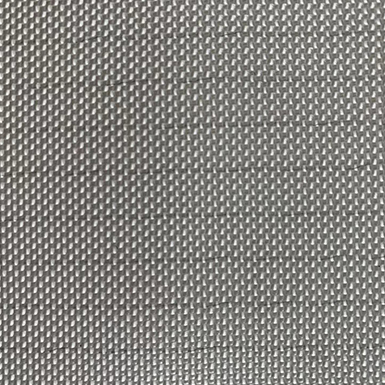Woven industrial fabrics are fabrics that are specially designed and manufactured for use in industrial and commercial applications. They are made from a variety of fibers, including natural fibers such as cotton and wool, as well as synthetic fibers such as polyester, nylon, and polypropylene.
Woven industrial fabrics are used in a wide range of applications, including:
Conveyor belts and belting: Woven fabrics are used to make conveyor belts that are used to transport materials in factories, mines, and other industrial settings.
Filtration: Woven fabrics are used to make filters for liquids and gases in industries such as oil and gas, water treatment, and food and beverage.
Geotextiles: Woven fabrics are used to make geotextiles, which are used in construction and civil engineering to reinforce soil and protect against erosion.
Protective clothing and gear: Woven fabrics are used to make clothing and gear for industrial workers, such as coveralls, aprons, and gloves, to protect them from hazards in the workplace.
Woven industrial fabrics can be made from a variety of fibers, depending on the application. For example, polyester is a common choice for conveyor belts because of its strength and durability. Cotton and wool are often used for protective clothing because they are comfortable and breathable.
Woven industrial fabrics are typically made on specialized looms that are designed for industrial use. They are usually produced in large quantities and are sold in rolls or cut to size. They can be treated with various finishes and coatings to give them specific properties, such as flame resistance or water repellency.
When choosing a woven industrial fabric, it is important to consider the specific requirements of the application, such as the type of material to be conveyed, the environment it will be used in, and any safety or regulatory requirements. It's also important to consider the fabric's strength, durability, and resistance to abrasion, as well as its flexibility, and resistance to chemicals and UV radiation.


Product Features:
Anti-oil, anti-skid, climbing, anti-acid and alkali, anti-heat, anti-cold, anti-flame and anti-corrosion, anti-moisture, anti-low temperature, anti-high temperature, oil-resistant, heat-resistant, cold-resistant, low-temperature-resistant, high-temperature-resistant, acid-resistant and flame-retardant conveyor belt.
.png?imageView2/2/format/jp2)
 English
English 中文简体
中文简体















